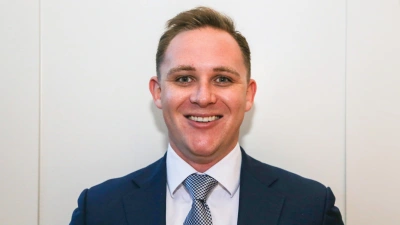Australian Unity boosts profit


Australian Unity Limited has reported healthy profit growth for the first half of the financial year, reflecting the ongoing expansion program undertaken by the group.
AusUnity reported a profit after tax of $11.2 million for the half-year ended 31 December 2012, up from $5.9 million for the same period last financial year.
Group managing director Rohan Mead said the result reflected the company's investment in growth opportunities.
"The ongoing expansion and planned diversification of our activities and an improved investment market have been the significant factors underpinning the group's increased revenue compared to the corresponding period one year ago," Mead said.
Revenue and other income had a $99 million increase year-on-year to $585 million, but the highlight for the half-year was the positive contribution from advisory business Australian Unity Personal Financial Services.
Revenue coming from the advice business increased by 122 per cent to $16 million, which the group attributed to the acquisition of Certainty Financial and the recruitment of established practices.
Furthermore, funds under advice reached $2.21 billion.
"This was Personal Financial Services' first positive contribution to group results, in line with planned investments by the group over a number of years," the group stated.
Mead added the finalisation of the merger of Lifeplan Building Society with Big Sky Credit Union in March 2012 also positively impacted the half-year result.
Recommended for you
In this episode of Relative Return, host Laura Dew chats with David Russell, chair of the Transition Pathway Initiative, and Tony Campos, head of sustainable investment at FTSE Russell, about the intricacies of climate investment.
In this episode of Relative Return Unplugged, hosts Maja Garaca Djurdjevic and Keith Ford, along with special guest Steve Kuper, discuss a whirlwind start to US President Donald Trump’s second term that all but kicked off a trade war.
The emergence of DeepSeek, a Chinese artificial intelligence (AI) start-up that claims to have built an advanced large language model in just two months for under US$6 million, sent shockwaves through the AI world and cratered US tech stocks.
Donald Trump’s presidency has already begun reshaping the corporate and political landscape in the US, with executive orders rolling back diversity, equity, and inclusion (DEI) initiatives and clean energy efforts.












